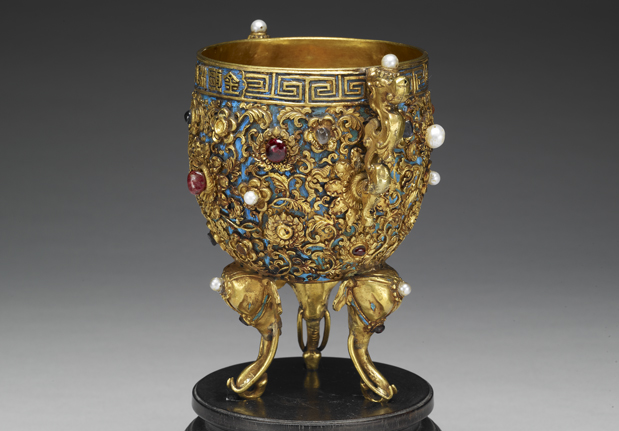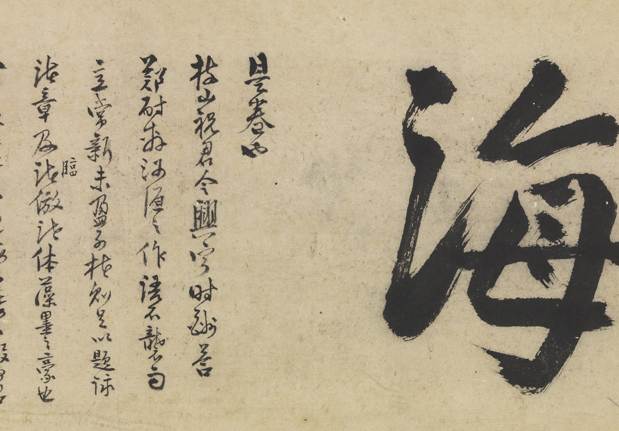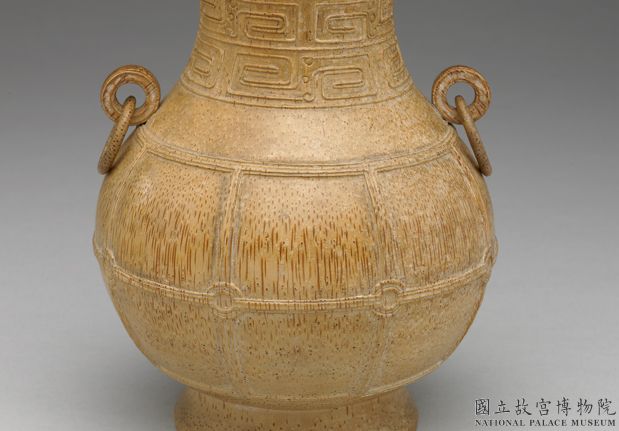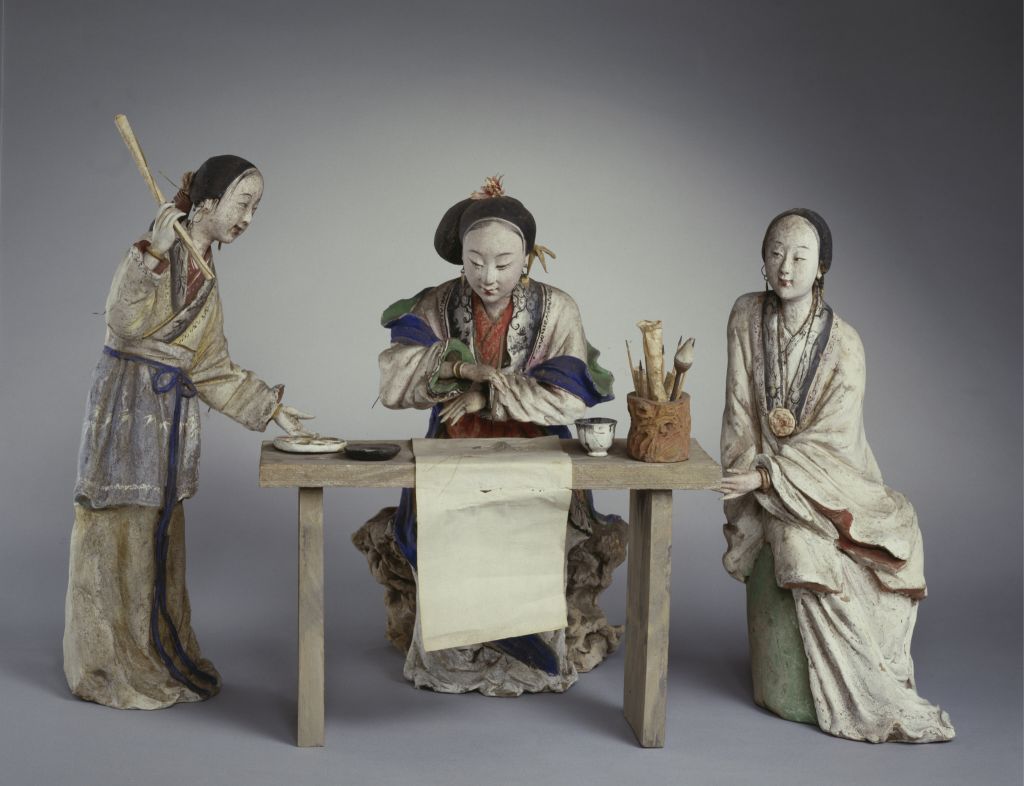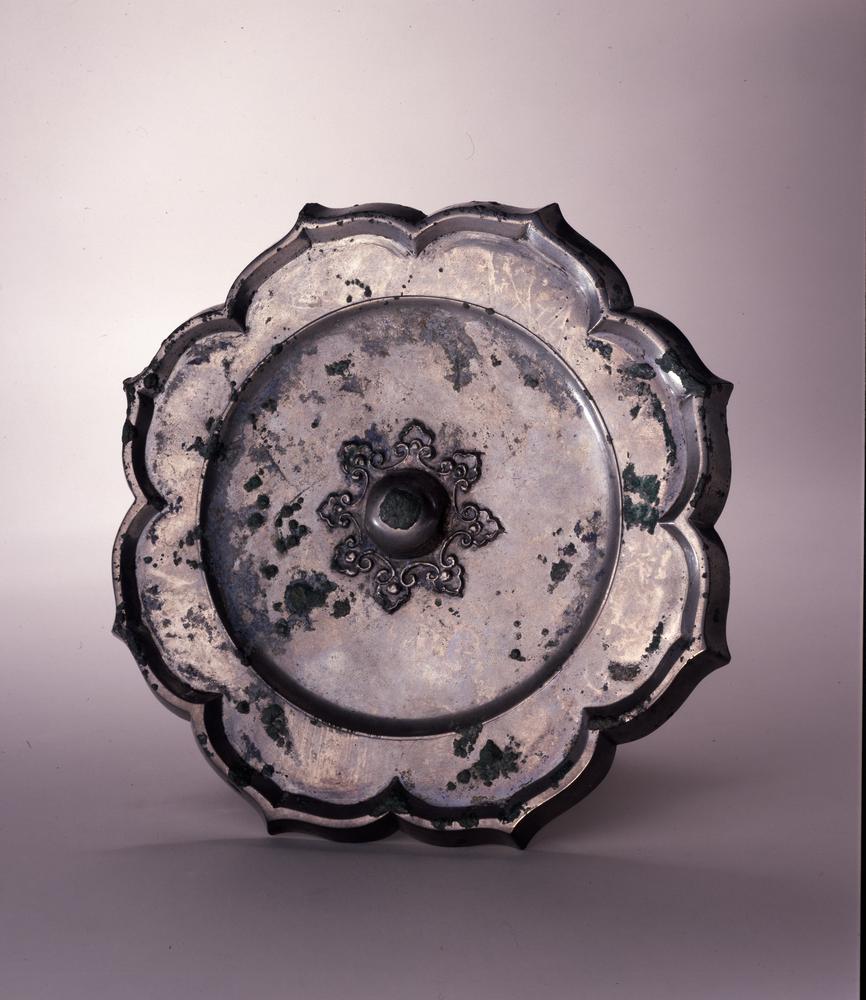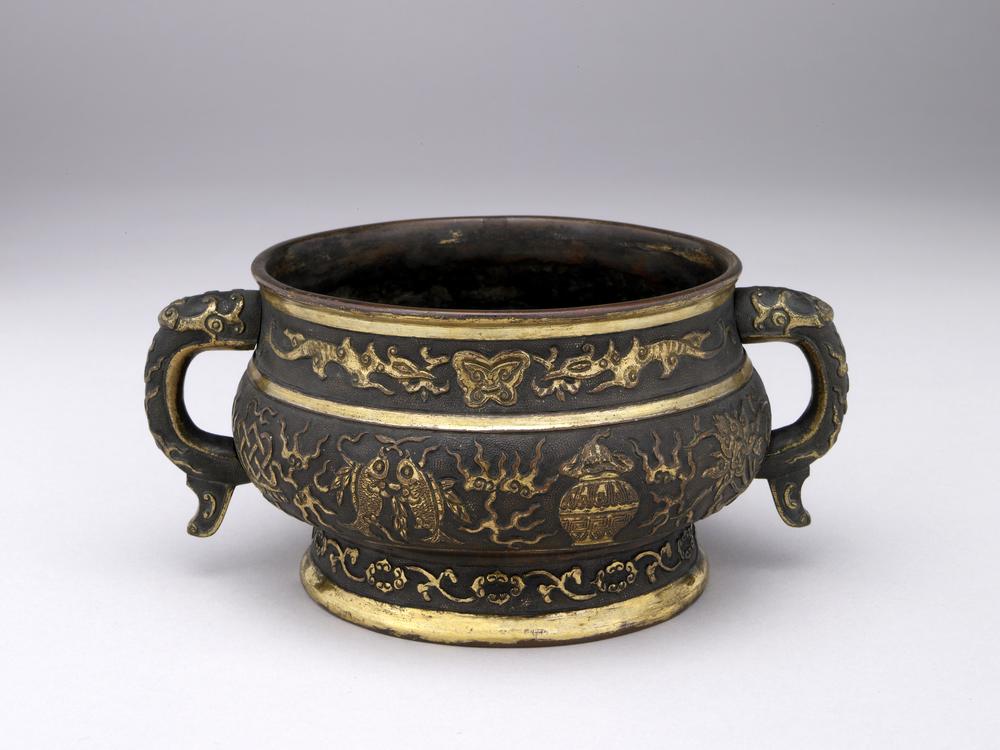[Ouyang Inquiring Zhang Hantie]
“Zhang Hantie”, Tang Dynasty, Ouyang Inquiring Book, paper edition, vertical 25.1 cm, horizontal 31.7 cm, running script, 11 lines of 98 characters
Zhang Hantie, also known as Ji Yingtie, records the story of Zhang Han. Narration:
“Zhang Han is a person from Wujun, who has the character of Ji Ying. He has the talent of Qing Dynasty, is good at writing, and is free to do whatever he wants. At that time, he was called Jiangdong Infantry. Later, Gu Rong of Tongjun said,” The world is divided, and the disaster is not over. If he has the name of the world, he is seeking to retreat from the good and the difficult. I am a person in the mountains and forests, and I have no hope in the future. Zi Shan defends the past with wisdom, and considers the future with wisdom. Rong holds it (doubting the lack of the word “hand”) in a pathetic manner, and Han thinks of Wuzhong wild vegetable bass when he sees the autumn wind rising, I drove home as I ordered. ” (The words in the box are incomplete, and are now supplemented according to the Book of Jin)
This passage can be found in the Book of Jin · Wenyuan and Shishuoxinyu, but it is an excerpt. Zhang Han is a native of Wujun (today’s Suzhou) in the Western Jin Dynasty. He is talented, unrestrained and open-minded. At that time, people compared him to Ruan Ji (Ruan Ji was once an infantry colonel, known as Ruan Infantry), one of the “seven sages of the bamboo forest” in the Wei Dynasty of the Three Kingdoms, and called him “Jiangdong Infantry”. He followed He Xun to Luoyang and became an official of the King of Qi, but he was not happy. He often missed his hometown in the south of the Yangtze River, so he began to think of retreating from the mountains and away from the troubled times, and finally abandoned his official and returned to his hometown
“Zhang Hantie” was originally a “historical note”, and it is one of the four surviving works of Ouyang Xun, a famous calligrapher of the Tang Dynasty. This post is slim in font, strong and straight in pen, steep in style and exposed in spirit. There is an inscription on the thin gold book on the opposite side, which is what Zhao Ji, Emperor Huizong of the Song Dynasty, wrote after appreciating it. He commented on this post, “The style of writing is dangerous and vigorous, and it is very important for us to appreciate Zhang Hantie and other European style books.”
This painting and the postscript bear the seal of Zhao Gou, the Song Emperor Gaozong, and An Qi, the Qing Dynasty collector. It can be seen that this note was once stored in Shaoxing Inner House of the Southern Song Dynasty. It was collected by Anqi in the Qing Dynasty and then entered Qianlong Inner House. The original seal of the Inner House of the Qing Dynasty and the inscription of Emperor Qianlong were scraped off
This post is written by Chinese people with thick ink and slightly poor edges
Bian Yongyu of the Qing Dynasty, “Collection of Paintings and Calligraphy in Shigutang”, Wu Sheng of the Qing Dynasty, “Grand View Record”, An Qi, “Moyuan Collection View” and other books have been recorded
![图片[1]-Ouyang Enquires Zhang Hantie-China Archive](https://chinaarchive.net/Tang dynasty/model calligraphy/777[1024].jpg)
![宋徽宗瘦金书题跋 图片[2]-Ouyang Enquires Zhang Hantie-China Archive](https://chinaarchive.net/Tang dynasty/model calligraphy/26124[1024].jpg) 宋徽宗瘦金书题跋
宋徽宗瘦金书题跋
